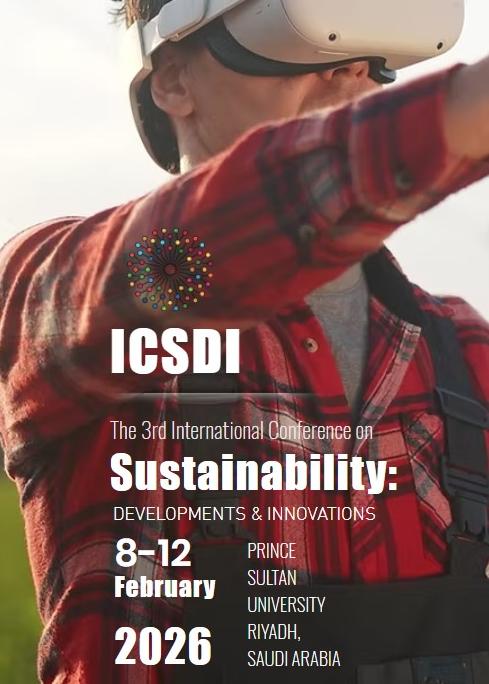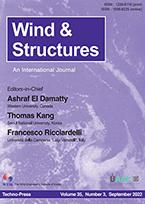THE 6TH INTERNATIONAL CONFERENCE ON CRITICAL LITERACY AND EDUCATIONAL POLYPHONY
LITEDU 2025
- URL: https://www.ielit.org/litedu-2025-english/
- Event Date: 2025-08-22 ~ 2025-08-23
- Abstract Submission Date: 2025-06-15
- Submission Date: 2025-06-15
- Organizer: IELIT, HIU, REDDOLAC, EGKNetwork
- Location: Rimini, Italy
Ethnic & Cultural Studies Literature & Writing Early Childhood Education Education Educational Technology Higher Education Teaching & Teacher Education E-learning
The VI INTERNATIONAL CONFERENCE ON CRITICAL LITERACY AND EDUCATIONAL POLYPHONY will be held in virtual platform of IELIT-LITEDU, on 22-23 August 2025, organised and sponsored by IELIT-International Educational Literacy Institute, HIU-Humanitas Innovation University, Education, Humanity and Complexity Network®, MAIUSCOLO, Comitato Scuola Rovigliano Alice Hallgarten-Franchetti (2010-2024), RedDOLAC, and EGKNetwork.
The Conference is an opportunity to present and discuss empirical and theoretical work from various disciplines and fields, covering Critical Literacy and Education in its different facets. The organisers and sponsors of the Conference open this call to educators, teachers, researchers, scholars, academics, scientists and practitioners in related fields, to join the conversation and bring papers and contributions into a more integrated set of partnerships:
encourage discussions between experts and practitioners;
disseminating research findings to all international scientific networks and practitioners’ networks;
launching new networking strategies and alliances at local, national and international levels.
Email:info@ielit.org
Special topic: Death in education.
Death and its narrative between literacy and learning.
Death in student relationships.
Educational projects around death.
Death and teaching in schools.
Teachers and death narratives as forms of learning.
Students and death narratives.
Curricular reforms and the development of death.
Narrating death as active and meaningful learning.
Death in social networks as a learning activity.
Topics of interest for lectures include, but are not limited to:
Critical pedagogy and literacy: research, good practice and literacy.
Education at different educational stages.
School and relationship education.
Higher education.
University teaching development: new practices.
Teaching: methods and research.
Project-based learning.
Educational robotics.
Artificial Intelligence and Natural Intelligence.
Transmedia narratives.
Digital literacy. The digital divide.
The responsible use of new technologies and the treatment of new dependencies.
Adult education and lifelong learning.
Non-formal education. Various proposals for continuing education.
Education policy, legislation and the history of education.
Educational policy, educational legislation and the history of education in the local and international environment.
The intelligent connotations of contemporary society.
Educational reforms.
Crisis in education.
Behavioural difficulties and problems.
Developmental challenges and disorders.
Work-professional intervention programmes.
Children in situations of social exclusion: child abuse.
Integrated, inclusive and segregated education.
School organisation.
The teacher as a leader in the classroom.
Leadership and strategic management in educational centres.
Leadership models and styles.
Evaluation of educational quality.
Improvement plans as generators of quality in the teaching-learning process.
Education for work insertion.
Vocational training and professional training.
Publication of lectures and papers:
All unpublished papers accepted, after double-blind peer review by the LitEdu 2025 International Scientific Committee, and presented at the conference will be submitted for digital publication as book chapters with Italian ISBN.
Accepted full papers presented at LITEDU 2025 will be published in Milan, Italy. Abstracts from these papers will be evaluated to be submitted for indexing in prominent databases including the Conference Proceedings Citation Index (CPCI) (part of Clarivate Analytics’ Web of Science), Scopus, and Google Scholar.
Submissions to: info@ielit.org
Main guidelines for abstract submission:
Abstracts (written in English and Italian, Spanish, French or Portuguese and not exceeding 900 words) should be submitted by 15th of June 2025.
Abstracts should be added in the Conference Form and then sent by email to info@ielit.org ;
Abstracts have to include: 1) title; 2) author’s name and surname, institution and email address; 3) five keywords; 4) abstract (no more than 900 words).














